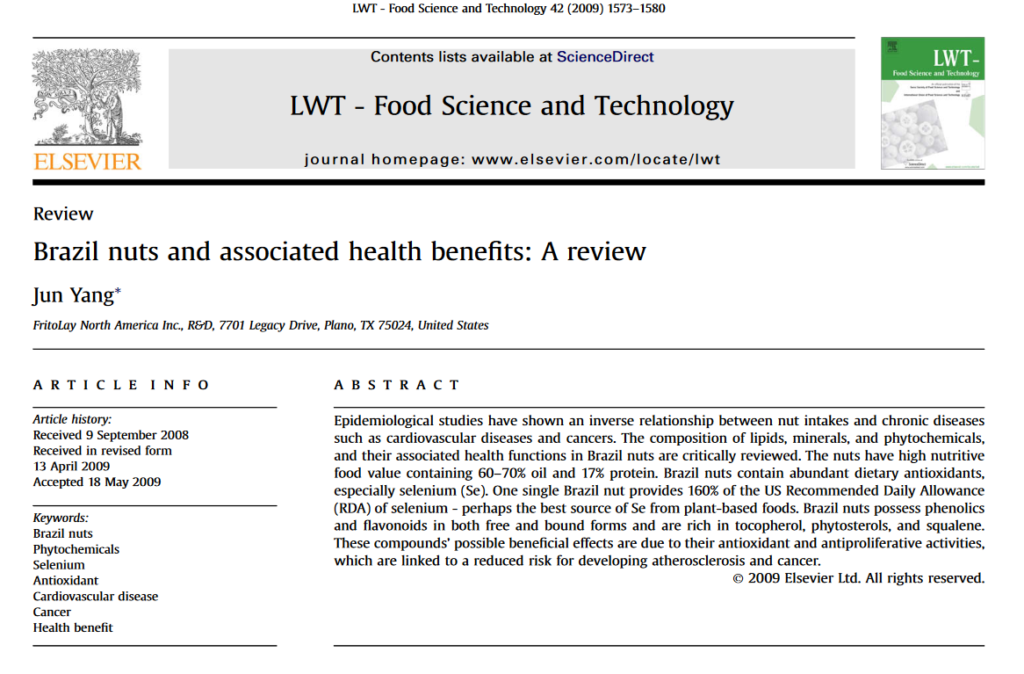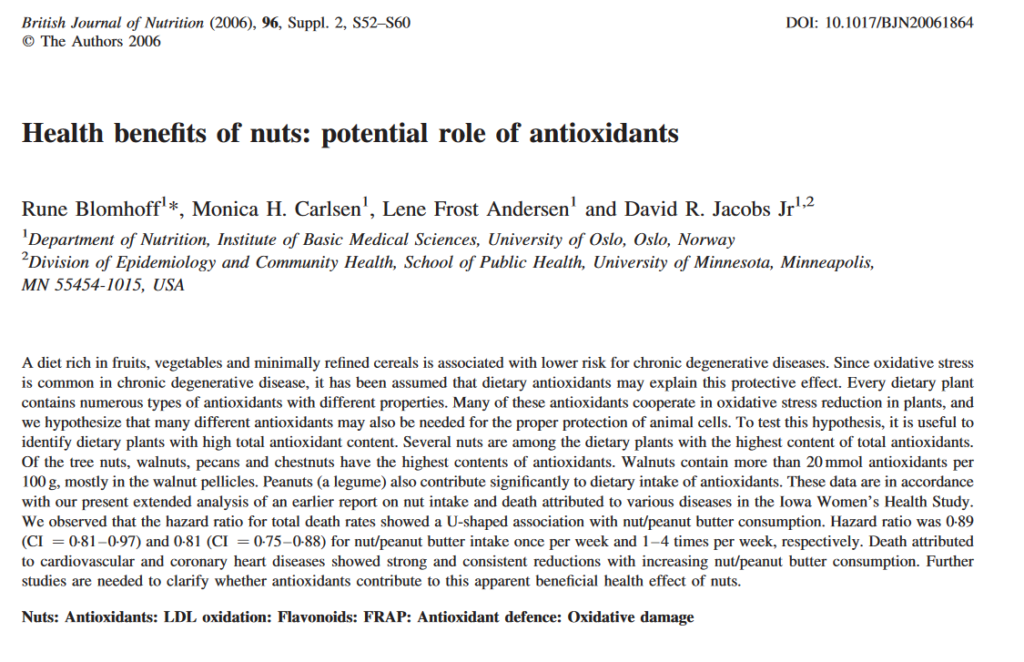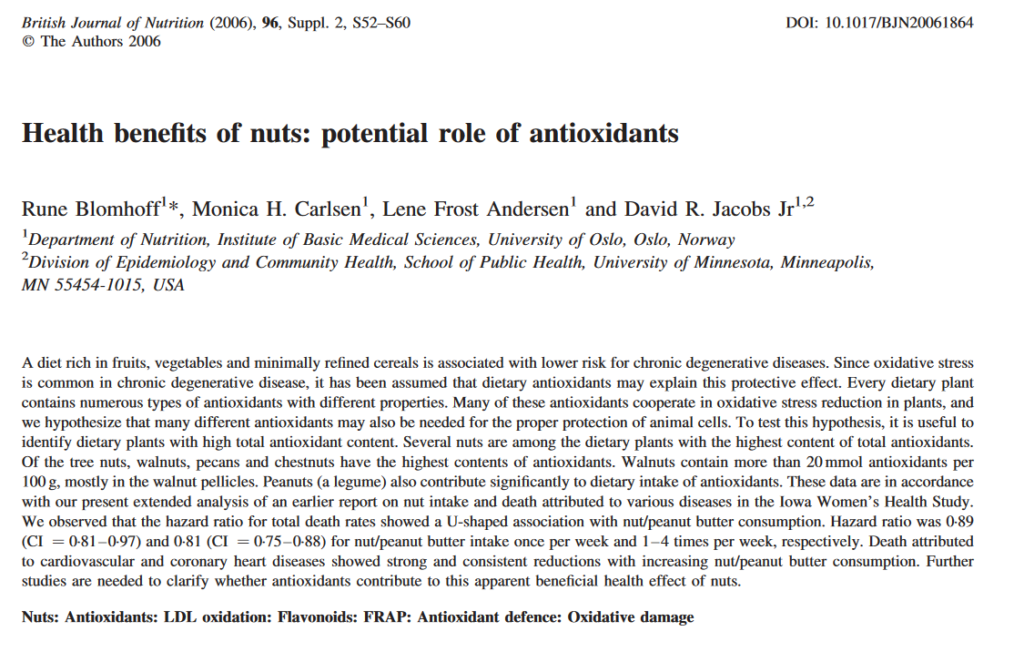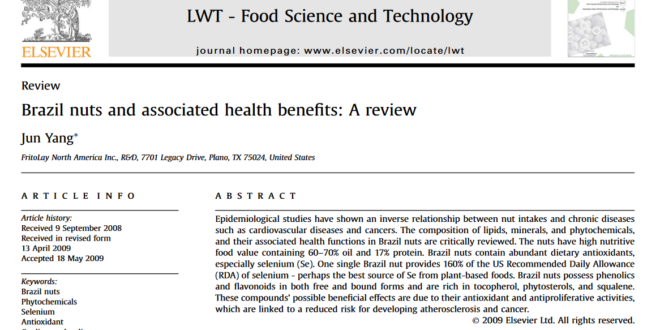It seems like every day that I hear someone say to me:
“Oh, did you hear that they’re saying that brazil nuts are a superfood?”
Or
“I heard that sleeping too much is linked to cancer”…
Now, it’s not that I don’t believe my friends and family when they are talking to me. It’s that my analytical brain gets to thinking. “Where did they get their information from? Is this Chinese whispers? And links certainly don’t show causality.”
When I hear an interesting new piece of information, I feel that I’m doing my analytic mind a disservice if I don’t go and check out the facts. We are living in an age of disinformation, where anyone can be an “expert” on any given topic (I’m looking at you, health bloggers), journalistic integrity is somewhat undermined by an emphasis on sensationalism, and certain actors and agencies are actively trying to influence you to complete certain actions, buy certain things, and think certain ways about things. This is why I like to look over the information being served up to me with a wary eye.
Did my friend learn that brazil nuts were a superfood because a health blogger is trying to sell her crushed nuts at a crazy mark up? It can be very difficult to tell.
One of the ways in which I’ve discovered how to verify information, particularly as it pertains to scientific research, is to look up studies on Google Scholar.
Google Scholar is to peer-reviewed, published scientific journal articles, as Google is to the entire internet – a very powerful search tool.
Let’s check out my search to see what scientists are saying about brazil nuts.

For a start, you’ll see that instead of brazil nuts superfood I typed in “brazil nuts” health benefits. The quotation marks around the brazil nuts term means that Google Scholar will only find articles with brazil nuts, not articles with the wording Brazil is one of the largest producers of nuts. It’s an important distinction to make. Next you’ll see that I wrote health benefits instead of superfood. The term “superfood” is an industry buzzword – your average scientist will be using terms like health benefits instead.
When you are doing research with Google Scholar, it’s important to remember that the greater the amount of articles on a given topic, the more likely the pertaining results are legitimate.
There’s quite a lot of results here. Selecting the [PDF] chocolift.com.br link over on the right there brings up the relevant article.

You’ll see here the title, where it was published, authors, and other relevant info, along with the abstract. Generally you’ll find everything you want to know about the article in the abstract, it’s only if you’re interested in the nitty gritty that you need to keep reading.
This abstract says that brazil nuts are high in antioxidants and are possibly the best plant-based selenium source, an essential daily vitamin, plus some beneficial qualities. Looks promising. Let’s look at the next one.

A quick browse of this tells me that walnuts, pecans, and chestnuts have the highest levels of antioxidants – diving deeper the study says brazil nuts carried just 1% of the level of antioxidants that walnuts did.
I’m going to check out the final item on the Google Scholar list, as it mentions selenium, to see what it says, since the first article focused on selenium and antioxidants in brazil nuts, and the second article said other nuts are higher sources of antioxidants.


Aha. This one’s abstract says their findings were that eating 2 brazil nuts daily can increase New Zealanders’ selenium and avoid having to take supplements.
So guess what? I’m chomping down on a couple right now and thanking my friend for the tip. All thanks to Google Scholar.









Valerie - 6 years ago
A great article – interesting and informative.